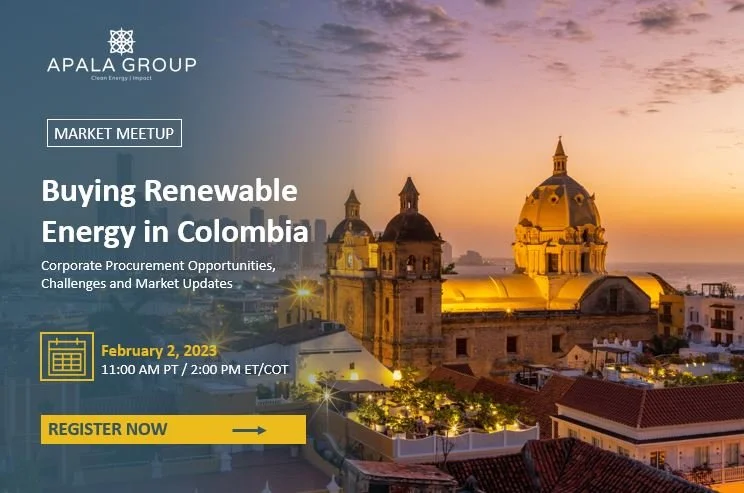Colombia’s Climate Strategy for 2050
Although Colombia is only a contributor of 1% of Global Greenhouse Gas Emissions, the country is highly committed to decarbonizing its industries not only to reduce their environmental impact but also to foster economic growth in the region. Since 2012, the Colombian Ministry of Environment and Sustainable Development has led the Colombian Strategy for Low Carbon Development (ECDBC), a program whose first phase concluded in 2016. During this program, sectoral mitigation scenarios were determined as well as Sectoral Action Plans (PAS). The country's decarbonization goal was also developed and set with plans to reduce emissions 20% by the year 2030. This was presented at the United Nations Framework Convention on Climate Change in Paris in 2015.
In recent years, Colombia has fully committed to decouple the country’s economic growth from the production of Greenhouse Gases (GHG), a tactic viewed as vital to foster the relationship between the industrial sector and the successful implementation of sustainability, conservation and energy transition initiatives. In April 2022, Enel Colombia, in association with Colombia’s Center for Regional Energy Studies (CREE), launched a study to help quantify the costs and benefits behind the acceleration of an energy transition for 2030 and 2050. After seven months of work, thirty meet-ups and over 200 participants from the Colombian market, the results of this study have been shared with the objective of constructing the country’s Nationally Determined Contributions in relation to the United Nations Paris Agreement.
The study concluded that all sectors have to make an effort to decarbonize, however the transport and energy industry must do so faster than the rest. The document identified 10 primary pillars which require carbon neutrality:
Increase the capacity to produce energy with low emissions to five times the current generation.
Ensure the availability of gas for the energy transition.
Ensure timely and large-scale adoption of low carbon technologies.
Ensure full financing of new investments (projects).
Build relationships of trust between communities, government and companies to carry out projects.
Put a price on carbon consistent with mitigation goals and eliminate fossil fuel subsidies.
Ensure full and affordable energy coverage.
Guarantee the productive transition of the vulnerable groups that lose with the energy transition.
Accompany the energy transition and fiscal transition.
Increase national knowledge and research and innovation capacities.
Based on the region's excellent geographic positioning that gives it an advantage for generation of renewable energy, it is expected that Colombia will stay a leader and invite more foreign investment into the country for projects that seek to aid in the transition. Colombia is currently the most stable country in Latin America which creates a favorable path for corporates looking to participate in these projects.
If you are interested in learning more about the Colombian Market, sign up to our upcoming Market Meetup on February 2 at 10:00 AM PT. Our Meetup will create an integrated discussion with Colombian stakeholders to discuss current policy and market trends, as well as corporate renewable energy procurement possibilities in the country.
Sources:


